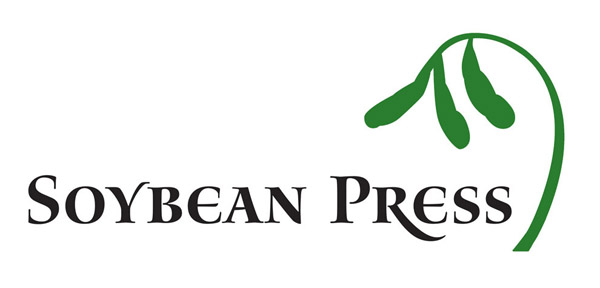Cholesterol is a soft fatty substance. Cholesterol does not dissolve well in water. This weak ability of cholesterol to dissolve in water is a major factor in the development of atherosclerosis. The body gets cholesterol the food but it is also produced by the body. Cholesterol is mainly produced in the liver, but also in the adrenal glands and reproductive organs. Cholesterol is a necessary component of your body cells and is a building material for hormones such as estrogen and testosterone.
Cholesterol can cause problems when high levels in the bloodstream are present. These high levels lead to hardening of the arteries, coronary heart disease and other vascular disease problems.
When cholesterol is measured in the blood 3 cholesterol levels are determined: LDL-cholesterol (bad cholesterol), HDL-cholesterol (good cholesterol) and triglycerides.
LDL-cholesterol or "bad cholesterol" has the property to build up plaque on the inner walls of the arteries which feed the heart and brain. Together with other substances the LDL-cholesterol forms a plaque that can clog the arteries.
HDL-cholesterol or "good cholesterol" carries cholesterol away from the bloodstream and back to the liver thereby decreasing the risk of plaque build-up.
Triglycerides are the normal fats. Blood triglyceride may also play a role in forming plaque.
Soy can reduce cholesterol
Soy products help to control the cholesterol level because:
soy is cholesterol-free
the soy proteins reduce the cholesterol level
most of the fats in soy products are poly-unsaturated
soy isoflavones prevent atherosclerosis
soy contains soluble fibers which reduces the amount of cholesterol circulating in the blood.
It is known that in countries were traditional soy products are consumed daily, the rates of cardiovascular diseases are low. There is some research that suggests that soy foods may help to prevent heart disease by reducing total cholesterol, low density lipoprotein cholesterol, blood pressure and possibly preventing plaque build-up in the arteries (atherosclerosis). Before the age of 60, man have more problems than women with their cholesterol levels. After menopause, when the production of natural estrogens drops, cholesterol levels in women will go up and the women become more suseptible to heart attacks. The soy isoflavones have a weak estrogen actity which is large enough to help reduce the cholesterol levels.
Meta-analysis of the effects of soy protein intake on serum lipids
JW Anderson examined the relation between soy protein consumption and serum lipid concentrations in human in his meta-analysis of 38 controlled clinical trials, involving more than 730 volunteers. In most of these studies, animal protein was replaced with soy protein (average 47g per day). The intake of energy, fat and cholesterol was similar when the subjects ingested control and soy-containing diets.
These were the findings:
Replacing animal protein with soy protein reduced cholesterol with 9.3%.
Volunteers on the soy diet had their LDL cholesterol levels dropped on average by 12.3%.
The HDL cholesterol increased by 2.4% in volunteers on soy-containing diets.






The first step to getting your cholesterol under control is to have it tested. Once you know what your numbers are and mean, you can measure the success or failure of any cholesterol management program you follow.
ReplyDelete